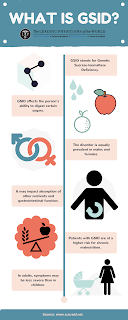Modern Healthcare Consumer

With the ACA now in place since 2010, a wave of new health-centered consumer technologies such as wearables and smartphone apps and price transparency software to help consumers make informed care purchase decisions, healthcare consumers should be empowered to take ownership of their health. But have healthcare consumers really changed? Not as much as you may think. Though technology may be changing at lightning speed, people are still people. The changing variables are scientific discovery, technology advancement and the costs associated with healthcare delivery. There may be no better example of how many people are unchanging than the obesity epidemic. About 78% of consumers say they would be interested in receiving virtual health services, but only 1 in 5 has had that opportunity, according to a new survey from Accenture conducted by Nielsen.Physicians could save big money by providing more virtual services in combination with seeing patients i...

